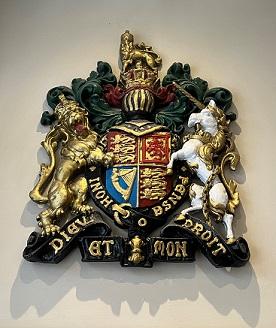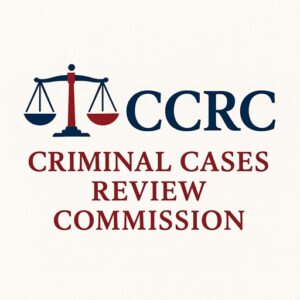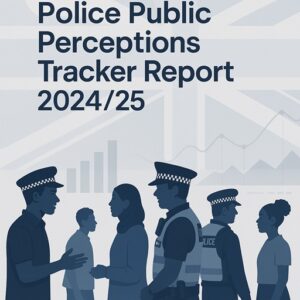Family law is the branch of law that deals with family-related issues, such as divorce, child custody, and adoption. Family Barristers who specialise in family law are often called upon to provide sensitive and compassionate advice and representation to clients who are going through difficult personal situations.
In family law cases, family barristers are typically instructed by solicitors on behalf of their clients. The solicitor will handle the administration of the case and prepare the necessary legal documents, while the barrister will provide expert advice and representation in court proceedings.
Family Barristers must have a deep understanding of the complex emotional and legal issues that arise in family disputes. They must also have excellent advocacy skills, as they will be required to present complex legal arguments to judges and juries in court while being sensitive to the emotional needs of their clients.
You can find a family barrister using The Bar Council Find a Barrister website which will help you to find a barrister to represent you, either through a solicitor or through the direct access scheme.
Barristers are legal professionals who specialise in advocacy and litigation. They play a vital role in the legal system, representing clients in court and providing legal advice. Barristers can be classified into two types: direct access barristers and traditional barristers.
Most barristers are self-employed, individual practitioners who may work as a solo practitioner or, more commonly, in groups of offices known as barristers chambers.
In England, “called to the bar” is a term used to describe the formal admission of a person to practice as a barrister in the courts of England and Wales. It is a ceremony where a person who has completed the necessary education and training, which typically includes obtaining a qualifying law degree, completing the Bar Professional Training Course (BPTC), and undertaking a period of pupillage, is officially recognized as a barrister and granted the right to practice in the courts.
The ceremony involves the person being called to the bar by the Inn of Court to which they belong, which is one of the four professional associations for barristers in England and Wales. During the ceremony, the person will typically make a declaration of allegiance and professionalism, and they will then sign the roll of barristers. After being called to the bar, the person can then appear in court and provide legal representation to clients.
The Inns of Court in London are the professional associations for barristers in England and Wales. There are four Inns of Court – Gray’s Inn, Lincoln’s Inn, Inner Temple and Middle Temple.
A limited number of senior barristers receive ‘silk’ – becoming King’s Counsel (KC) – as a mark of outstanding ability. They are normally instructed in very serious or complex cases. Most senior judges once practised as KCs
The Bar Council which is the independent, practising Bar of England and Wales is more than 16,500 strong and plays a crucial role in upholding the principles of government accountability under law and vindication of legal rights through the courts.
The Bar Standards Board (BSB) regulates barristers and specialised legal services businesses in England and Wales in the public interest.
The BSB Handbook 4.8 contains the rules about how barristers must behave and work. It also contains the Code of Conduct for barristers.
Reporting a Concern about a Barrister such as Gavin Howe of the Sussex Barristers Chambers known as 1 Crown Office Row (1COR) is straightforward at the Bar Standards Board website using the Online Reporting Form.
You can also report your concern about a barrister by using the Word version of the form and then sending it by email to contactus@barstandardsboard.org.uk or by post to: The Bar Standards Board, 289-293 High Holborn, London, WC1V 7HZ.
Many family law barristers are members of the Family Law Bar Association (FLBA) which is the specialist Bar Association for family barristers and has over 1700 members.
The Criminal Bar Association (CBA) exists to represent the views and interests of approximately 2,400 specialist criminal barristers in England & Wales.
The London Common Law & Commercial Bar Association (LCLCBA) has approximately 1500 members and is open to any member of the Bar of England & Wales whose practice is predominantly civil law within the High Court, including the Commercial Court, the County Court and/or tribunals in and around London.
The Chancery Bar Association (ChBA) has over 1300 members who practise Chancery law.
The Fraud Lawyers Association (FLA) was established in 2012. Its members are drawn from leading firms and chambers.
The FLA aims to provide a forum to represent experienced lawyers (solicitors, barristers, and legal executives) practising in the areas of civil and criminal fraud.
Barristers
Traditional barristers are barristers who work through solicitors. They are instructed by solicitors on behalf of clients and provide legal advice, prepare legal documents and represent clients in court proceedings. Traditional barristers are experts in their field and are often called upon to provide specialist advice and representation in complex and high-profile cases.
To become a traditional barrister, individuals must complete the necessary education and training. This includes obtaining a qualifying law degree or a degree in another subject followed by a one-year conversion course. After completing their degree, they must undertake the Bar Professional Training Course (BPTC) and complete a one-year pupillage with a senior barrister. After completing pupillage, they can apply for tenancy and become a self-employed barrister.
Traditional barristers have a close working relationship with solicitors, who instruct them on behalf of clients. Solicitors handle the administration of cases and the preparation of legal documents, while barristers provide advice and representation in court proceedings. This division of labour allows barristers to specialise in advocacy and litigation, while solicitors specialise in legal research and document preparation.
Direct Access Barristers
Direct access barristers are barristers who can be instructed directly by members of the public without the need for a solicitor. This means that clients can contact a direct access barrister directly and receive legal advice and representation without going through a solicitor. Direct access barristers have undergone the same training and qualification process as traditional barristers, but they have also completed additional training to enable them to work directly with clients.
Direct access barristers are useful for clients who have a good understanding of their legal case and who can manage some aspects of their case themselves. Clients can choose to instruct a direct access barrister for a particular aspect of their case or for the entire case, depending on their needs and budget. However, direct access barristers are not suitable for all cases, particularly those that are complex or involve a significant amount of legal work.
The use of direct access barristers has become increasingly popular in recent years, as it offers clients greater flexibility and cost-effectiveness. Clients can choose to instruct a direct access barrister for a particular aspect of their case or for the entire case, depending on their needs and budget. This can result in significant cost savings for clients, as they do not need to pay for the services of a solicitor in addition to a barrister.
However, there are some limitations to the use of direct access barristers. Direct access barristers are not suitable for all cases, particularly those that are complex or involve a significant amount of legal work. Clients who are not familiar with the legal system may also find it difficult to navigate the process of instructing a direct access barrister and may benefit from the assistance of a solicitor.
Barristers Summary
In summary, both traditional and direct access barristers play important roles in the legal system in the UK. Traditional barristers work closely with solicitors to provide clients with high-quality legal advice and representation, while direct access barristers offer clients greater flexibility and cost-effectiveness by allowing them to instruct a barrister directly without the need for a solicitor.
Types of Law covered by Barristers
Civil Law
Civil law is the branch of law that deals with disputes between individuals or organisations, such as contract disputes, property disputes, and personal injury claims. Barristers who specialise in civil law are often called upon to provide expert advice and representation in complex and high-value cases.
In civil law cases, barristers are typically instructed by solicitors on behalf of their clients. The solicitor will handle the administration of the case and prepare the necessary legal documents, while the barrister will provide expert advice and representation in court proceedings.
Barristers who specialise in civil law must have a deep understanding of the legal principles and rules that govern civil disputes. They must also have excellent advocacy skills, as they will be required to present complex legal arguments to judges and juries in court.
Criminal Law
Criminal law is the branch of law that deals with offences against the state or society, such as theft, assault, and murder. Barristers who specialise in criminal law are often called upon to provide expert advice and representation in complex and high-profile criminal cases.
In criminal law cases, barristers are typically instructed by solicitors on behalf of their clients. The solicitor will handle the administration of the case and prepare the necessary legal documents, while the barrister will provide expert advice and representation in court proceedings.
Barristers who specialise in criminal law must have a deep understanding of the legal principles and rules that govern criminal offences. They must also have excellent advocacy skills, as they will be required to present complex legal arguments to judges and juries in court.
Check out our articles on Barristers, Direct Access Barristers, Four Inns of Court, Bar Standards Board, Bar Standards Board Justice ?, Solicitors, Rule of Law and the highly questionable Sussex Family Justice Board.
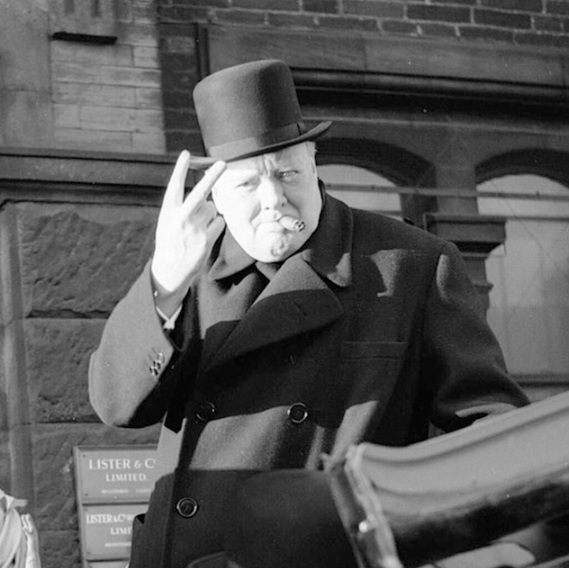

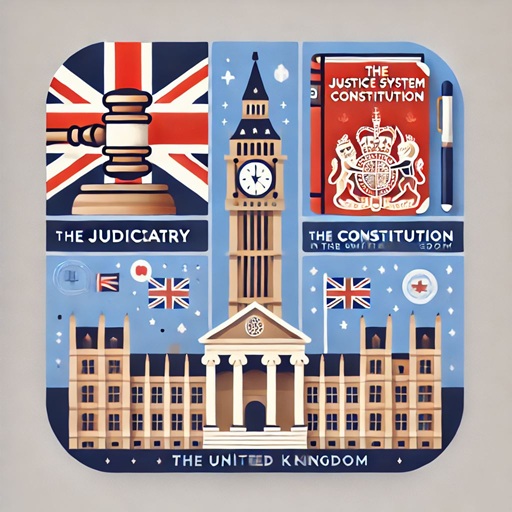


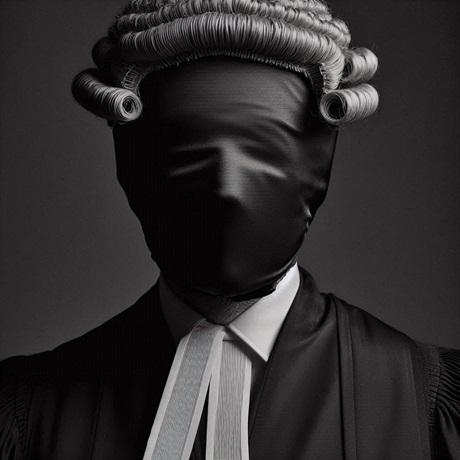
The Ministry of Injustice is not the Ministry of Justice nor is it affiliated in any way with the justice system, legal profession or any law enforcement agencies.
Most Popular ↓

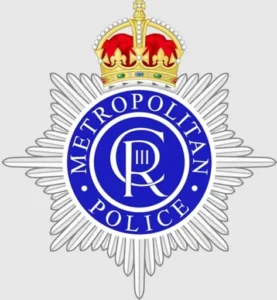
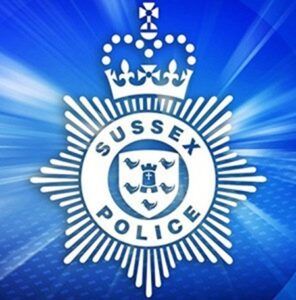
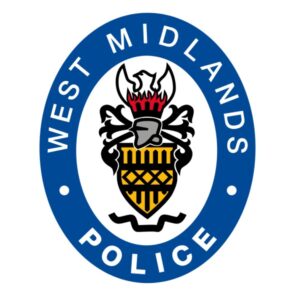
What is Policing by Consent ? What is Two Tier Policing ?
Latest Articles ↓
- What is the Forensic Science Regulator ?Forensic science is a cornerstone of modern criminal justice, providing critical evidence that can make or break a case. However, the reliability and accuracy of… Read more: What is the Forensic Science Regulator ?
- What is the Criminal Cases Review Commission ?The Criminal Cases Review Commission (CCRC) stands as a vital institution within the criminal justice system, dedicated to investigating potential miscarriages of justice. Established in… Read more: What is the Criminal Cases Review Commission ?
- Did Bobby Vylan and the BBC break the law at Glastonbury 2025 ?The performance by Bob Vylan at Glastonbury 2025, where frontman Bobby Vylan (reportedly Pascal Robinson-Foster) led chants of “death, death to the IDF” and “from… Read more: Did Bobby Vylan and the BBC break the law at Glastonbury 2025 ?
- Police Public Confidence and EngagementThe Independent Office for Police Conduct (IOPC) undertake regular surveys to assess the public’s perceptions of the police, as well as their confidence in the… Read more: Police Public Confidence and Engagement
All Articles can be found in the Legal Blog or Sitemap.
You should always seek formal legal advice from a qualified and reputable lawyer (solicitor or barrister).
‘Justice delayed is justice denied’
William Ewart Gladstone
There are a number of links to Free and Paid For Legal Resources and Legal Organisations on the Free Legal Advice , Legal Aid and Pro Bono pages.
Family Barristers was last updated on the 5th July 2025
